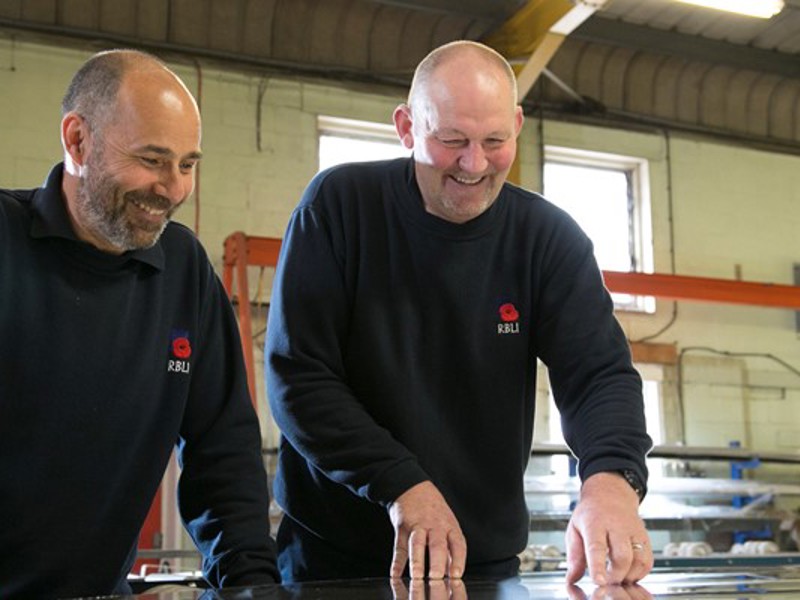Leading infrastructure provider and consultancy Amey has today announced an ambitious four-year spending target with social enterprises, making it the first strategic supplier to commit a percentage of its addressable spend to businesses who use their profits to create positive, social change.
John Cully, Amey’s Chief Procurement Officer, made the commitment at social enterprise Good Hotel, in London’s Royal Victoria Docks, where approximately 70 guests from across government and the private sector were invited to discuss the issue of social value and the importance of social enterprise engagement.
At the event, John Cully welcomed the attention given by government and industry on social value and championed the procurement reforms underway as part of the Cabinet Office’s new Outsourcing Playbook and Code of Conduct.
“In June,” he said, “we responded to the government’s social value in procurement consultation and welcomed proposals to legislate for more social value in public services, including the introduction of a minimum weighting for social value on new government contracts.
“We want to see social enterprises flourish as part of these procurement reforms because we understand the immense value they can unlock for local communities and the significant innovations and solutions they can offer businesses like ours.”
He went on to commit 1% of Amey’s annual addressable spend with social enterprises by 2020, increasing to 5% by 2023. The new commitment, he expanded, would build on the progress Amey has already made with SMEs, which now account for 75% of Amey’s UK supplier base and 47% of its spend, equal to over £1.4bn each year.
In a speech that followed, Claire Dove, the government’s Crown Representative for voluntary, community and social enterprise (VCSE) organisations, welcomed Amey’s commitment, saying, “Amey's spend commitment with social enterprises is to be commended, and sets an excellent example of how to incorporate social value in commercial business activity."
She went on to outline current government plans in this area: "Social value and social enterprise are integral parts of the government's Civil Society Strategy, a key aspect of which is improving the diversity of public service supply chains. From next April central government departments will expand their use of the Social Value Act, meaning major procurements - including goods and works - will include social value, as appropriate, rather than just consider it. It's now over to our sectors to take up the opportunities that this will present us.”
Following the event, Amey’s commitment has been welcomed by several prominent voices in the social enterprise sector, notably Charlie Wigglesworth, Deputy Chief Executive of Social Enterprise UK (SEUK), who commented, “Amey are leading the way when it comes to embedding social impact into their everyday business spend. This bold commitment will help grow the markets for social enterprises, allowing them to further their own social missions and benefit the communities they work in. We encourage all businesses to buy social and use their procurement spend to help build a better world.”
His remarks were echoed by Kate Bull, Director of Britain’s Bravest Manufacturing Company, social enterprise The Royal British Legion Industries (RBLI), which provides employment to ex-forces personnel and people with health conditions or disabilities. She said, “Last year we were able to employ two full time employees purely through our contracts with Amey’s highways business, for whom we manufacture road signs.
“Amey’s commitment to social enterprise spend is nothing short of outstanding and they should be immensely proud to say that their business choices have directly benefitted the lives of ex-service personnel and individuals with disabilities.”
Amey’s spending pledge with social enterprises is part of a new Social Value Supply Chain Charter, which the company is embedding in its procurement process as part of a drive to place social value at the heart of its services. This includes a net zero carbon strategy in line with the government’s 2050 target and a raft of measures to encourage more diversity and inclusion among its 19,000 employees.
For more information about Amey’s Charter, visit here.
